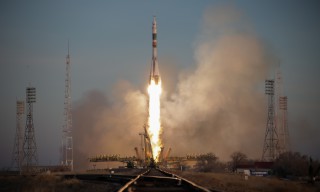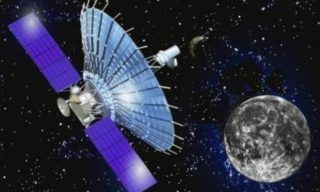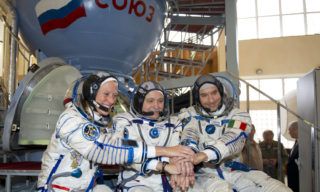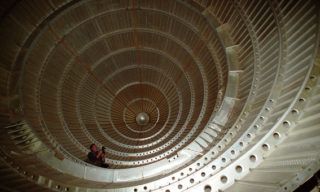Russian automated station Venera-D initially planned to be launched in 2016 will be sent to space in 2025, – as stated in the theses by Lavochkin Research and Production Association who is the designer of this space device.
Russian Federal space program 2006-2015 made up in 2006 initially stipulated for Venus exploration project (Venera-D) comprising space complex for thorough Venus atmosphere and surface exploration, the complex is to include orbital and descent modules with extended period of operation. The project was to put into life in 2016, but t the present time 2025 is being considered as the year of the program realization.
In 2013 the concept of the project included orbital device with more than 2-year period of operation, subsatellite, descent device of Vega series with 3-hour period of operation and long-lived station with operation period not less than 24 hours, the possibility of station operation period extension up to 100 hours is to be studied as well.
Automated interplanetary station Venera-D will explore the planet like American Magellan device. Venera-D is to become the first space device exploring the second planet of Solar system Russia launched after USSR collapse.



















